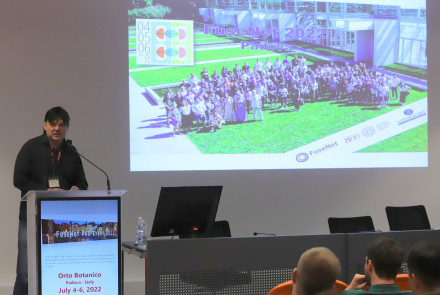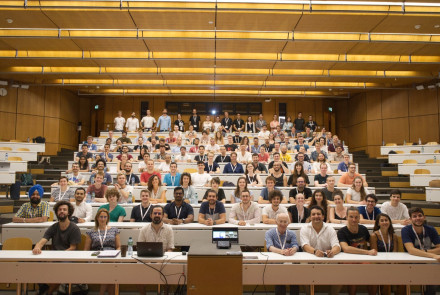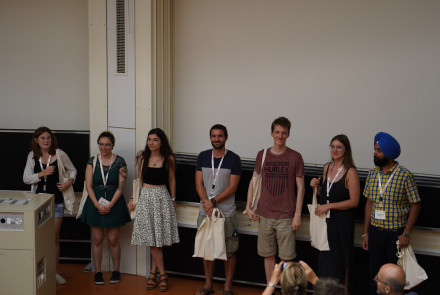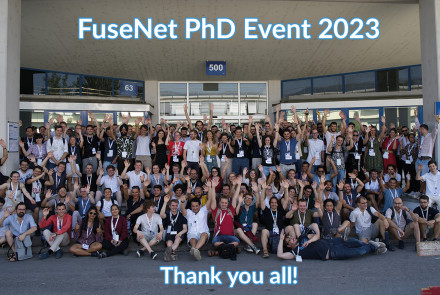ITER council confirms new first plasma date: December 2025
New schedule for ITER leading to first Plasma in 2025
On the 15th and 16th of June 2016, representatives from the ITER partners convened for the eighteenth ITER council meeting (IC-18) at the ITER site in France. During the meeting, the revised ITER schedule, based on a 4-stage approach was adopted. The schedule foresees a first plasma for ITER just before Christmas 2025. This is 5 years later than under the old schedule.
Staged approach to lead to new ITER Baseline
The 4-staged approach reduces the risks and cost to reach first plasma. In the staged approach, the experimental periods are followed by periods of upgrades, until all components are in place for the most important step and reach for the first time in history a burning D-T plasma.
The ITER team will now work to finalize the proposed configurations of each phase of this staged model, considering the constraints the project faces. A new baseline for the ITER project will be defined and proposed to the ITER Council in November this year. It is expected that the staged approach will further delay the first D-T operation until at least 2035.
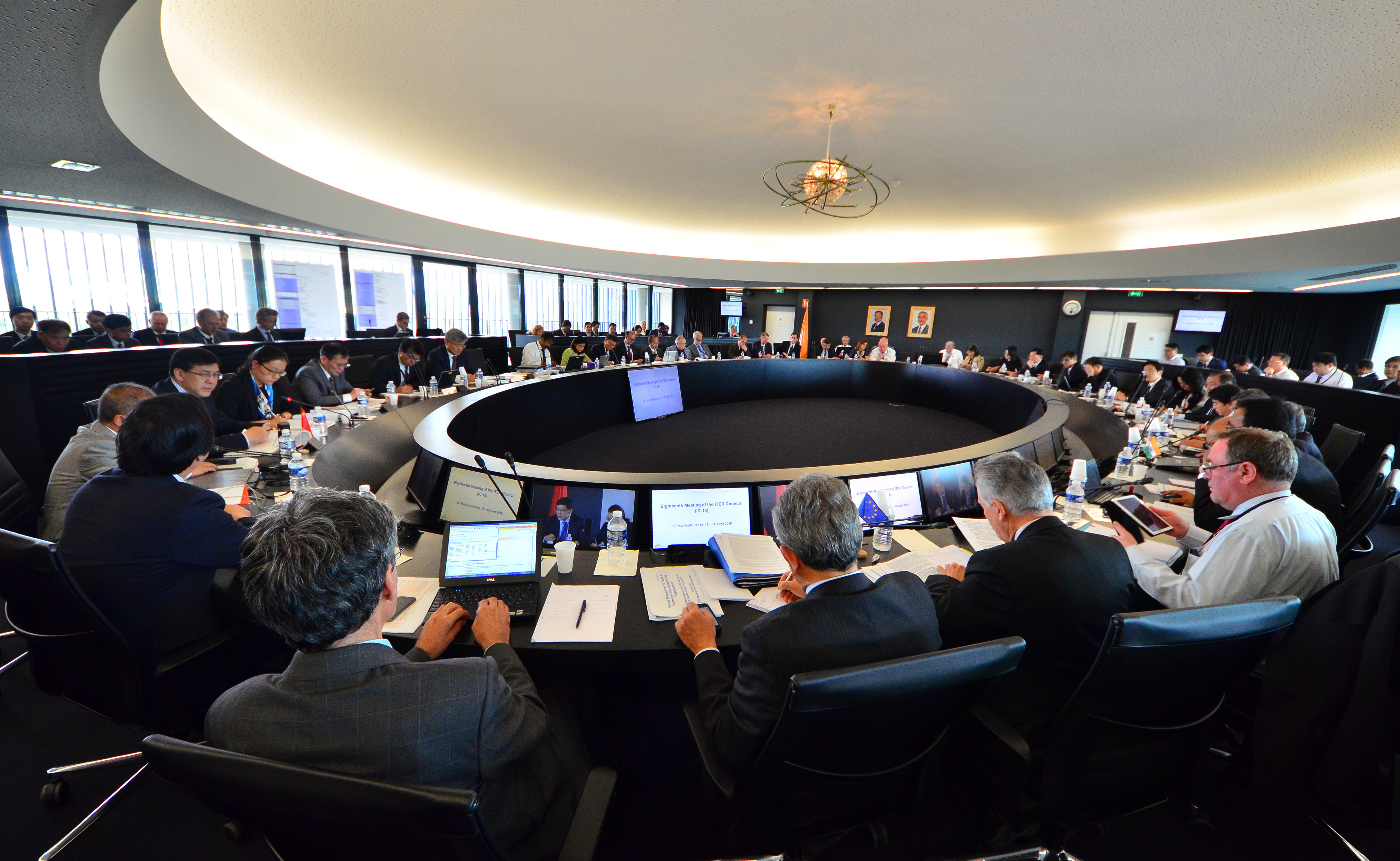
The seven Domestic Agencies around the table to endorse the updated Integrated Schedule at IC-18 (Photo by ITER IO)
A vote of confidence for ITER Director-General Bernard Bigot
After his appointment as Director-General of the ITER Organization on 5 March 2015, Bernard Bigot promised to present the IC with an updated long-term plan for the project going forward, taking into account the current delays and extra costs. "The previous planning, which foresaw first plasma by 2020 and full fusion by 2023, was totally unrealistic", Bigot said ealier in the French newspaper Les Echos.
Following the changes that Bernard Bigot had implemented since he started as Director General of ITER in 2015, the ITER council showed appreciation in the fact that all milestones of the IC-17 meeting to date were reached on or ahead of schedule. An independent review panel also concluded in April that the new schedule proposed was technically feasible. Based on panel review and the current state of the ITER-project, the Council believed that the project can maintain its current positive momentum and stay on the renewed schedule.
Further Cost increase for the ITER partners
With the endorsed schedule however, the ITER project partners - the EU, China, India, Japan, Russia, South Korea and the United States - also need to bring in an additional €4 billion for more staff and equipment, and to cover the longer time needed for the staged-approach to reach the D-T operation phase. The partners now need to go through their domestic processes to obtain approval for the schedule and funds.
Positive changes, but not a done deal
With this new and more realistic schedule and cost, the confidence that the ITER project will become a success has definetely improved. However, this does not mean that the new ITER plan is a done deal, as also EUROfusion Programma Manager Tony Donné recognizes:
"It is very important that ITER now has a trustworthy schedule that is followed in detail", says Tony Donné in a press release following the news on the new ITER schedule. "This will bring back trust in the project. Now, it is crucial that we move forward and get the device built avoiding further delays".
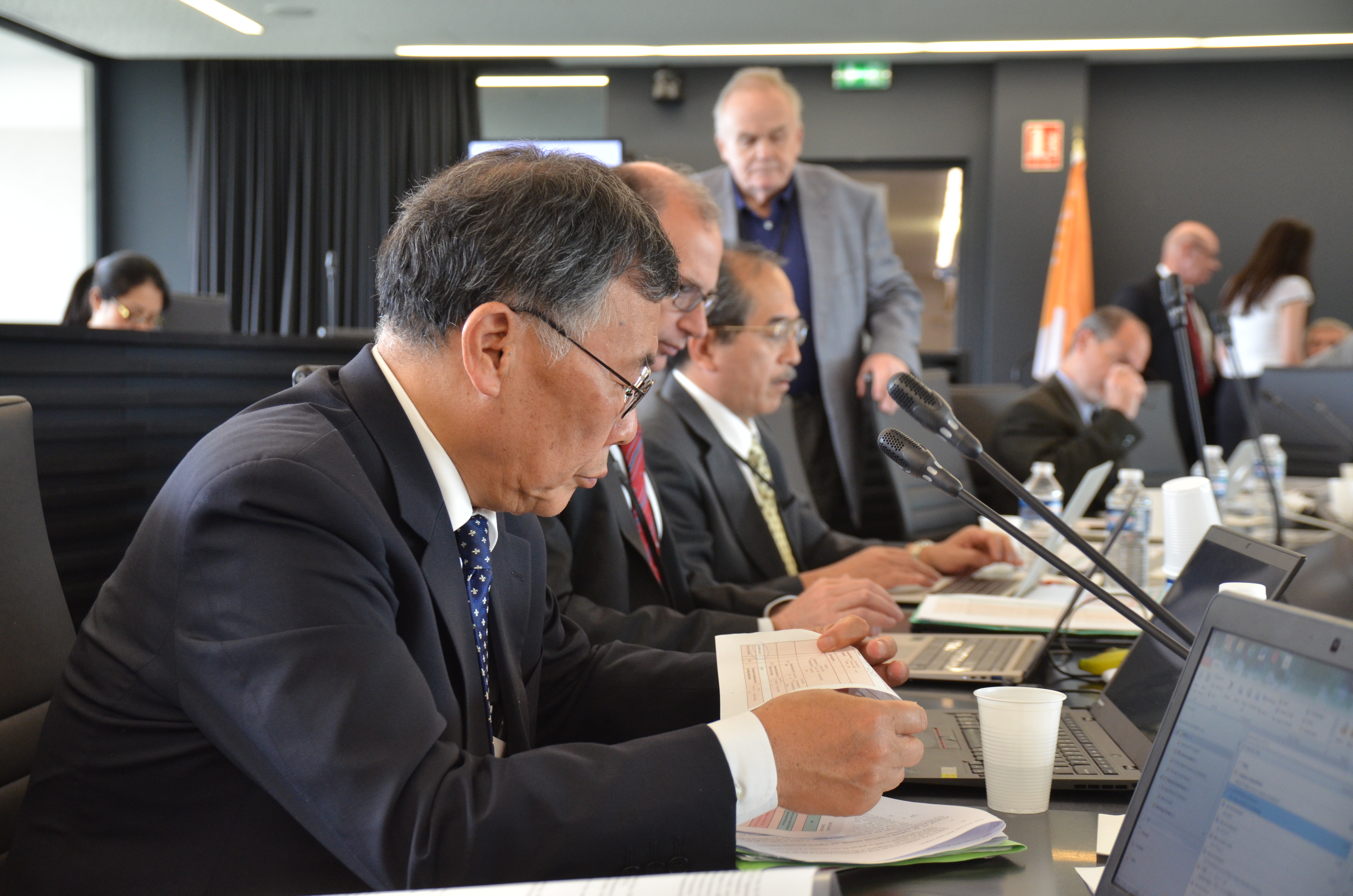
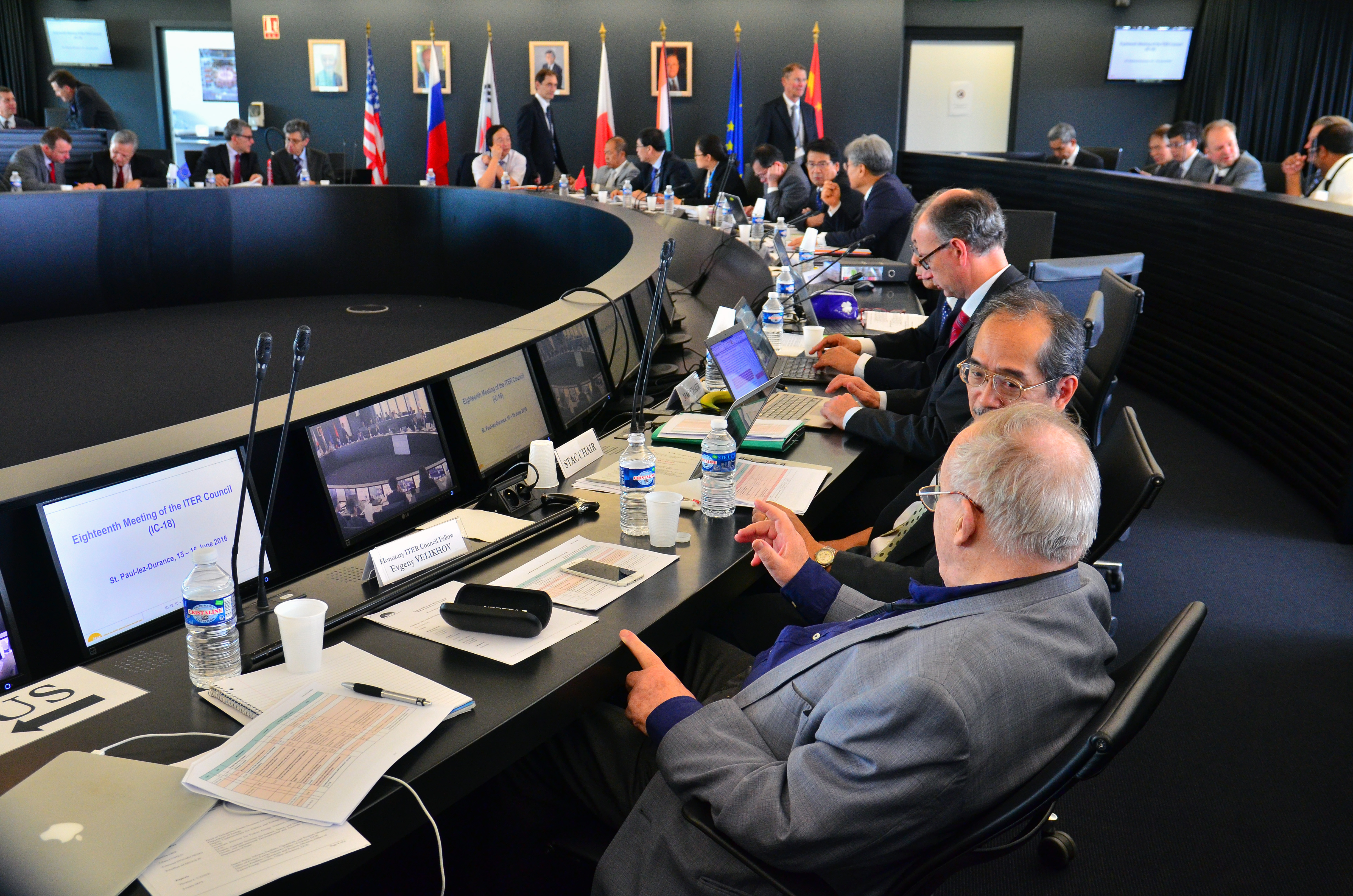
ITER Council members review the Resource-Loaded Integrated Schedule as proposed by the ITER Organization
See also:



